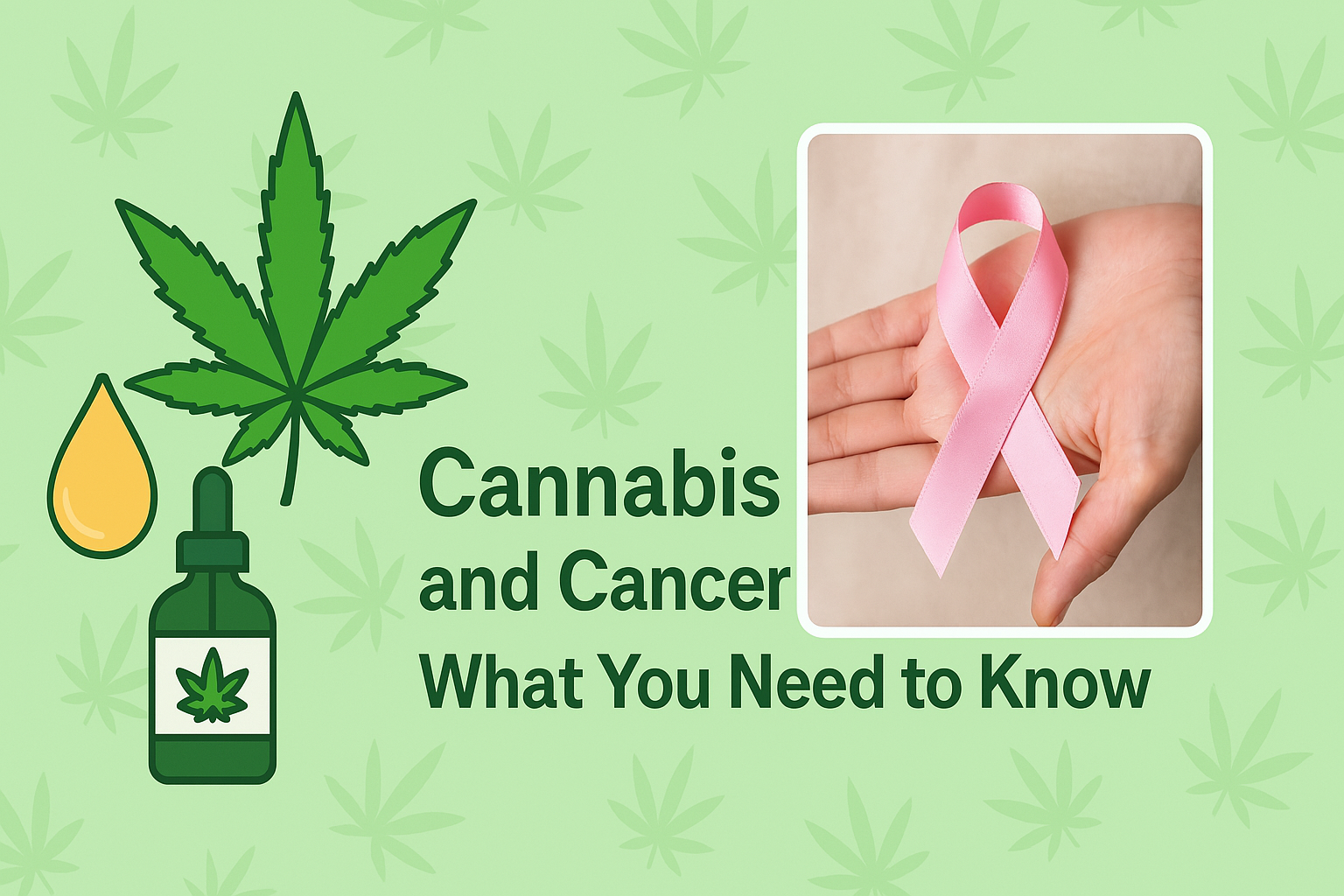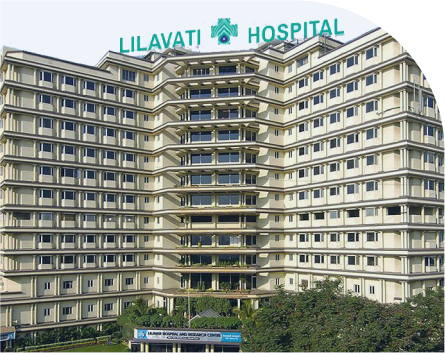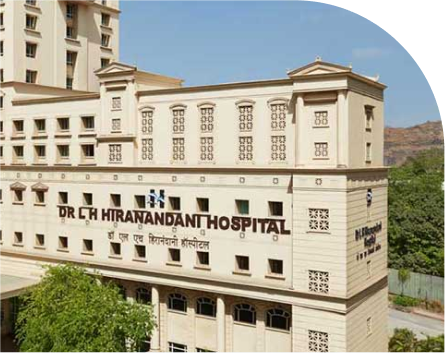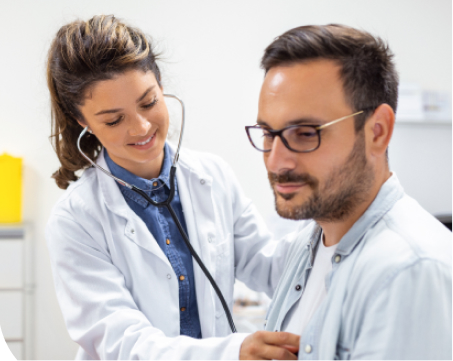

In recent years, more people have started asking whether cannabis (also known as marijuana) can help with cancer or its treatment. You may have seen stories in the news, online forums, or even heard from friends or family that cannabis helped someone with cancer feel better.
But what’s the real story? Can cannabis cure cancer? Does it help with symptoms? Is it safe? In this blog, we’ll break everything down in simple terms. Whether you’re a cancer patient, a caregiver, or just curious, this is the guide you need.
Cannabis is a plant that has been used for thousands of years, both as medicine and for recreational purposes. It contains hundreds of chemical compounds, but two are the most important when it comes to health:
THC (tetrahydrocannabinol) – This is the part that makes you feel “high.”
CBD (cannabidiol) – This part doesn’t make you high and may have medical benefits.
Both THC and CBD interact with your body’s endocannabinoid system, which plays a role in regulating pain, appetite, mood, and more.
Let’s clear this up right away:
There is no strong scientific evidence that cannabis cures cancer.
Some lab studies (mostly in animals or test tubes) have shown that cannabis compounds might slow the growth of certain cancer cells. But that doesn’t mean it works the same way in the human body. So far, no major clinical trials in humans have proven that cannabis or cannabinoids can shrink tumors or cure cancer.
That said, researchers are still studying this area, and it’s possible we’ll learn more in the future. But right now, cannabis is not a replacement for cancer treatment like chemotherapy, radiation, or immunotherapy.
While cannabis might not cure cancer, it can help manage several symptoms and side effects of cancer or its treatment, such as:
Some cancer patients deal with severe pain. Cannabis, especially THC, may help relieve chronic pain that doesn’t respond well to other medications.
Chemotherapy can make people feel extremely sick. Medical cannabis is approved in many places to help with chemo-related nausea and vomiting—and studies show it can work well.
Cancer and its treatments can cause weight loss and poor appetite. Cannabis is known to stimulate hunger (also called “the munchies”), which can be helpful for patients who need to gain or maintain weight.
Many cancer patients feel anxious or have trouble sleeping. Some cannabis products, especially those with CBD, may help people relax and sleep better.
Different people have different reactions. Some feel relaxed, sleepy, or happy. Others might feel dizzy, anxious, or paranoid—especially with high-THC products.
That’s why it’s important to start with a low dose and see how your body reacts, especially if you’re new to cannabis.
Cannabis comes in many forms. Here are a few common ones:
Oils and tinctures: Can be taken under the tongue for fast effects.
Edibles (like gummies or chocolates): Easy to take but can take longer to kick in (1-2 hours).
Smokable or vape products: Work quickly but may irritate lungs.
Capsules or pills: Good for consistent dosing.
Topicals (creams and balms): Used for localized pain or skin issues.
Work with a doctor to figure out which method is best for you. Not all products are equal, and quality matters a lot.
Cannabis laws are different depending on where you live. In some places, medical cannabis is legal and even covered by insurance or available by prescription. In other areas, it’s still illegal.
If you’re thinking about trying cannabis, check local laws and always go through licensed dispensaries or pharmacies to avoid unsafe or contaminated products.
Some people are afraid to bring up cannabis with their doctor. But you should always talk openly about it—especially if you’re being treated for cancer.
A few questions you can ask your doctor:
Can cannabis interact with my current medications?
Could it help with my symptoms (like pain, sleep, or appetite)?
What products are safe for me?
Should I avoid THC or stick with CBD?
Remember: your doctor is there to help, not judge. Open communication helps keep your treatment safe and effective.
Cannabis isn’t for everyone. Like any drug, it can cause side effects, especially in high doses or when not used properly. These may include:
Drowsiness or fatigue
Memory or concentration issues
Increased heart rate
Mood changes (anxiety, paranoia)
Dizziness or balance problems
Lung irritation (if smoked)
Drug interactions with cancer medications
Also, cannabis use during pregnancy or in people with a history of mental health disorders needs to be carefully considered.
Here are a few lesser-known facts you won’t always find in other blogs:
This is when all the compounds in cannabis (not just THC or CBD) work together to create a stronger effect. Full-spectrum products may work better than isolates because of this.
Some studies suggest THC may have effects on estrogen receptors. This means people with hormone-sensitive cancers (like some breast cancers) should be cautious. More research is needed, but it’s worth discussing with your oncologist.
Over-the-counter CBD products may not be well-regulated. Some contain less CBD than labeled—or even harmful ingredients. Always look for third-party lab-tested products with clear labels.
Some cancer patients have been able to reduce or stop taking opioid painkillers when they use medical cannabis. This could help reduce the risk of opioid-related side effects or dependence.
Cannabis is not a miracle cure, but for many cancer patients, it offers real relief. If you’re struggling with pain, nausea, anxiety, or sleep issues, it might be worth exploring as part of your care plan.
Always talk to your healthcare team first. Choose high-quality products from trusted sources. Start slow, stay informed, and listen to your body.
Whether cannabis becomes a helpful tool in your cancer journey or not, the most important thing is that you feel safe, supported, and empowered in your care decisions.

Stay up-to-date with the latest developments in cancer research, treatment, and patient stories through our curated collection of cancer blogs and news articles. From breakthrough discoveries to inspiring survivor journeys.
Discover first hand accounts from patients who have experienced compassionate care and expert treatment at our clinic. Read their reviews to get to know their journey.
5 Out of 5 from 92 Reviews
“Two years back had my father's major Liver surgery done by Doctor Deepak Chhabra, right now he is absolutely fit and fine. As a Doctor he is very well mannered calm & easily understand the condition of the patient. He use to explain comprehensively about the infection and procedure of surgery and its pros and cons. Respectful Doctor in the field of Oncosurgery/Surgical Oncology in mumbai. Recommended doctor by some of the best Cancer Doctors & Medical Oncologist in Mumbai."
“My mother was diagnosed of colon cancer, and I was recommended to see Dr Deepak Chhabra for consultation. The first impression of Dr Chhabra was… he is so young! But after consulting him we realized his level of experience and there was a sense of confidence he spilt over us.We knew we could trust him."
“Dr Chhabra is a highly experienced surgeon. He had done the treatment for my mother who was diagnosed with breast cancer. He is very patient and understanding and handles his patients with lots of care. I highly recommend him for any sort of medical advice or surgery."
“I,myself preferred Lilavati & then I chose Dr.Deepak Sir. I feel so blessed to know u & have u as my doctor. Any doctor can prescribe, but only a few good ones can really impress. I can vouch for the fact that ur abilities r unmatched & U’ve gone above & beyond everything I ever would’ve expected. The world would be a much better place if all of the doctors/peoples were like u! U & the staff has been really awesome & thanks for everything."






Consultation can be done by :